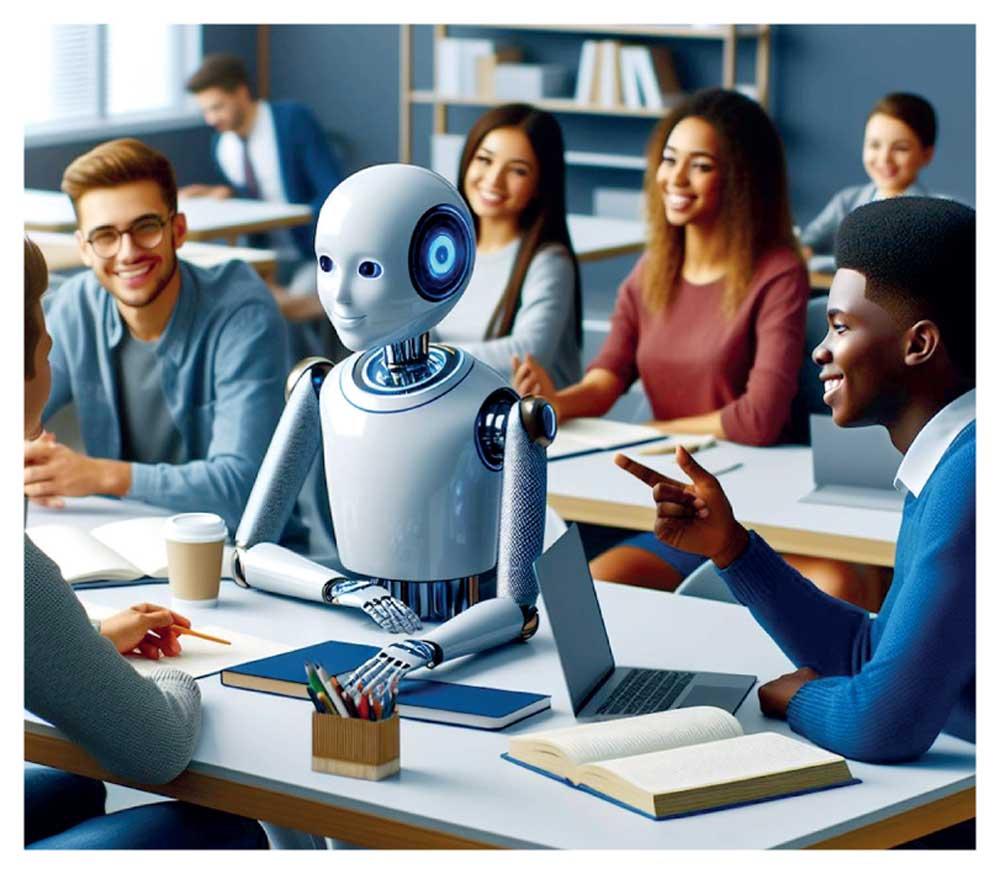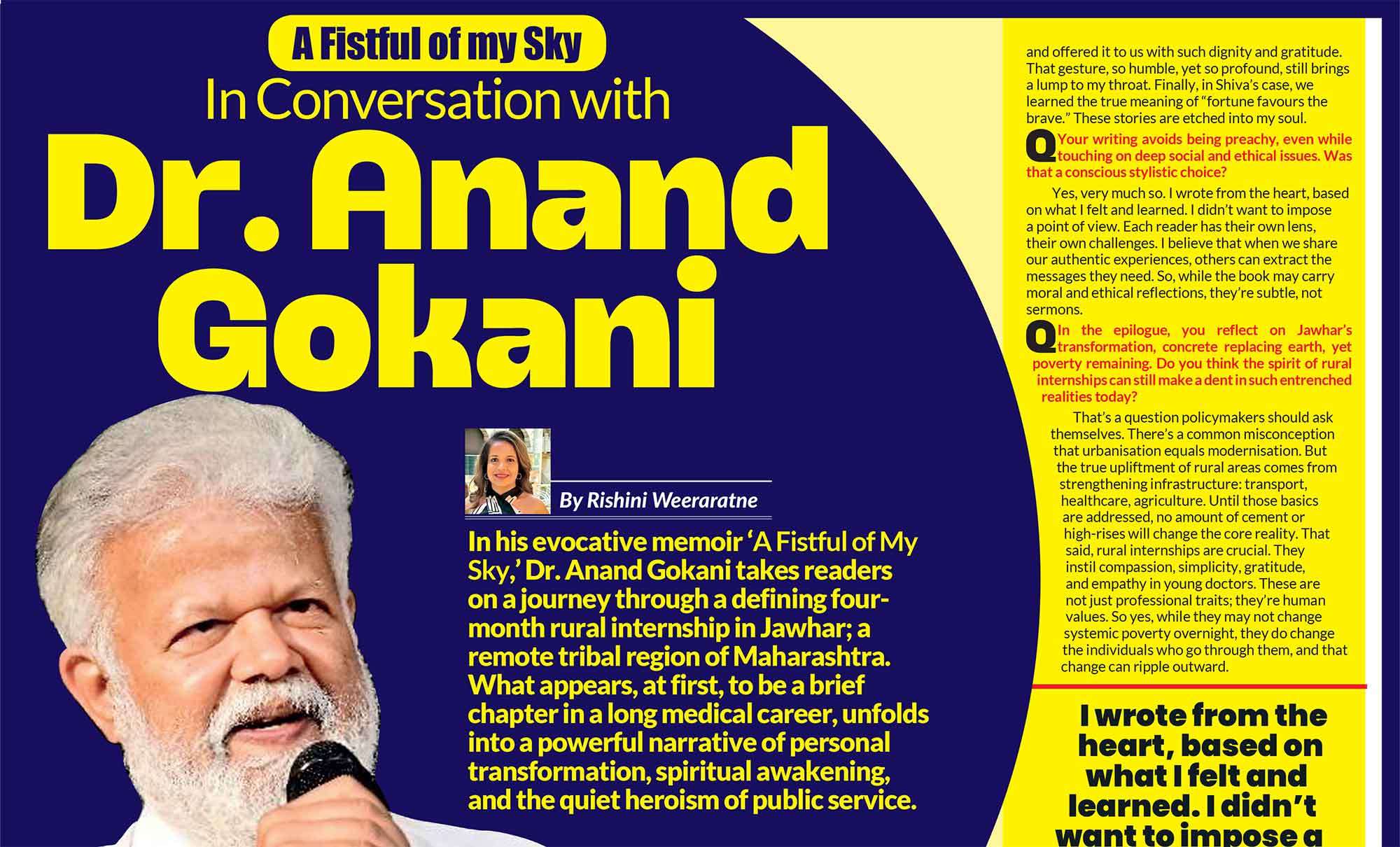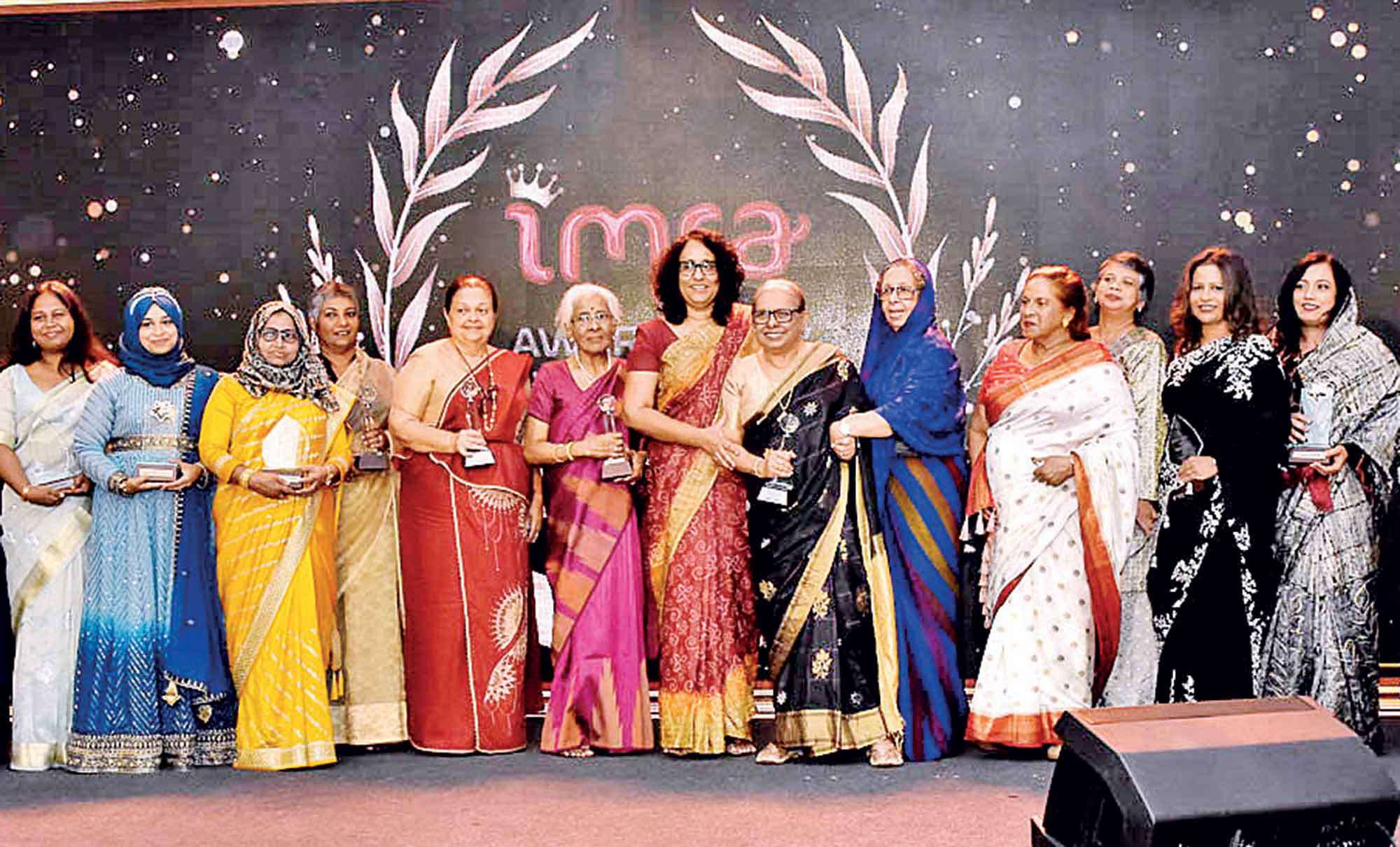
- Policymakers must address the ethical concerns surrounding AI, ensuring transparency and accountability in its implementation.
- A report from the World Economic Forum suggests that while AI will displace some jobs, it will also create millions of new roles.
Artificial Intelligence (AI) is no longer a futuristic fantasy, it is here, transforming industries and reshaping the global workforce at an unprecedented pace. From automating mundane tasks to revolutionizing creative industries, AI is both a tool of immense productivity and a harbinger of uncertainty. But as AI continues its rapid ascent, one question looms large: is it a friend, enhancing human potential, or a foe, making entire industries redundant?
The Case for AI as a Friend
AI has been a game-changer for productivity. Automated processes reduce human error, increase efficiency, and allow businesses to scale operations like never before. In healthcare, AI-driven diagnostics help doctors detect diseases early, leading to more effective treatments. In finance, AI algorithms analyse vast datasets in seconds, spotting fraud and optimizing investments. In creative industries, AI-generated content assists designers, and musicians, expanding artistic possibilities rather than replacing them.
Beyond increasing efficiency, AI also creates new job opportunities. A report from the World Economic Forum suggests that while AI will displace some jobs, it will also create millions of new roles. Positions such as AI ethics officers, machine learning engineers, and data analysts have emerged, offering lucrative career paths for those who adapt. AI is not just about automation; it is about augmentation. Workers equipped with AI tools can perform tasks better and faster, making them more valuable in the job market.
Furthermore, AI has the potential to reduce drudgery. Tasks that once consumed hours, such as data entry, customer support inquiries, and even legal document reviews, can now be handled by AI, freeing humans for more meaningful, creative, and strategic work. AI-powered tools enable employees to focus on problem-solving, critical thinking, and interpersonal skills; areas where human intelligence still reigns supreme.

The Case for AI as a Foe
Despite its advantages, AI poses a serious threat to job security. Automation is replacing roles that once provided stable employment for millions. In manufacturing, AI-driven robots have replaced human assembly line workers. In retail, self-checkout kiosks and AI-powered customer service bots are making cashiers and call centre employees obsolete. The legal sector is also feeling the heat, with AI tools generating legal briefs at remarkable speeds.
The displacement of workers is not just limited to blue-collar jobs. White-collar professionals are also at risk. AI-powered systems can now analyse contracts, detect financial risks, and even generate marketing strategies, tasks that were previously reserved for highly trained professionals. The result? A shrinking job market where highly skilled workers must continuously upskill to remain relevant.
This rapid shift exacerbates inequality. While those with technical skills can pivot into AI-related fields, many workers lack the resources or education to make such transitions. If governments and businesses do not prioritize reskilling initiatives, a significant portion of the workforce may be left behind, widening the gap between the AI-savvy elite and the rest of the population.
Furthermore, there is the risk of AI creating an over-reliance on automation, reducing human oversight in critical areas. Algorithms can be biased, leading to unfair hiring practices, flawed legal decisions, or even life-threatening medical misdiagnoses. When AI systems fail, the consequences can be catastrophic, raising ethical concerns about their unchecked integration into society.
The Middle Ground:
Finding Balance
AI’s impact on jobs does not have to be a zero-sum game. While automation will inevitably replace certain roles, it also has the power to enhance the quality of work, making it more fulfilling. The key is adaptation, both at an individual and societal level.
Education and reskilling must become priorities. Workers must be encouraged to develop AI-related skills, whether through formal education or corporate training programs. Governments should invest in AI literacy initiatives, ensuring that people from all backgrounds have access to opportunities in the digital economy.
Businesses, too, have a role to play. Instead of using AI purely as a cost-cutting measure, they should leverage it to empower employees. AI can assist workers rather than replace them, creating hybrid roles where human creativity and AI efficiency coexist harmoniously.
Regulation will also be crucial. Policymakers must address the ethical concerns surrounding AI, ensuring transparency and accountability in its implementation. This includes mandating AI impact assessments for job markets, enforcing fair labour policies, and implementing safety nets for displaced workers.
The Future of Work in the Age of AI
While AI will undoubtedly disrupt traditional job markets, it also has the potential to enhance human ingenuity. The future will belong to those who adapt, workers who embrace AI as a tool rather than fear it as a competitor. Collaboration between AI and human intelligence can lead to a world where work is not just about survival, but about innovation, creativity, and problem-solving.
Ultimately, AI is neither an inherent friend nor foe; it is a force that we, as a society, must learn to navigate responsibly. The AI revolution is here, and whether it uplifts or undermines workers depends on how we choose to shape it.











